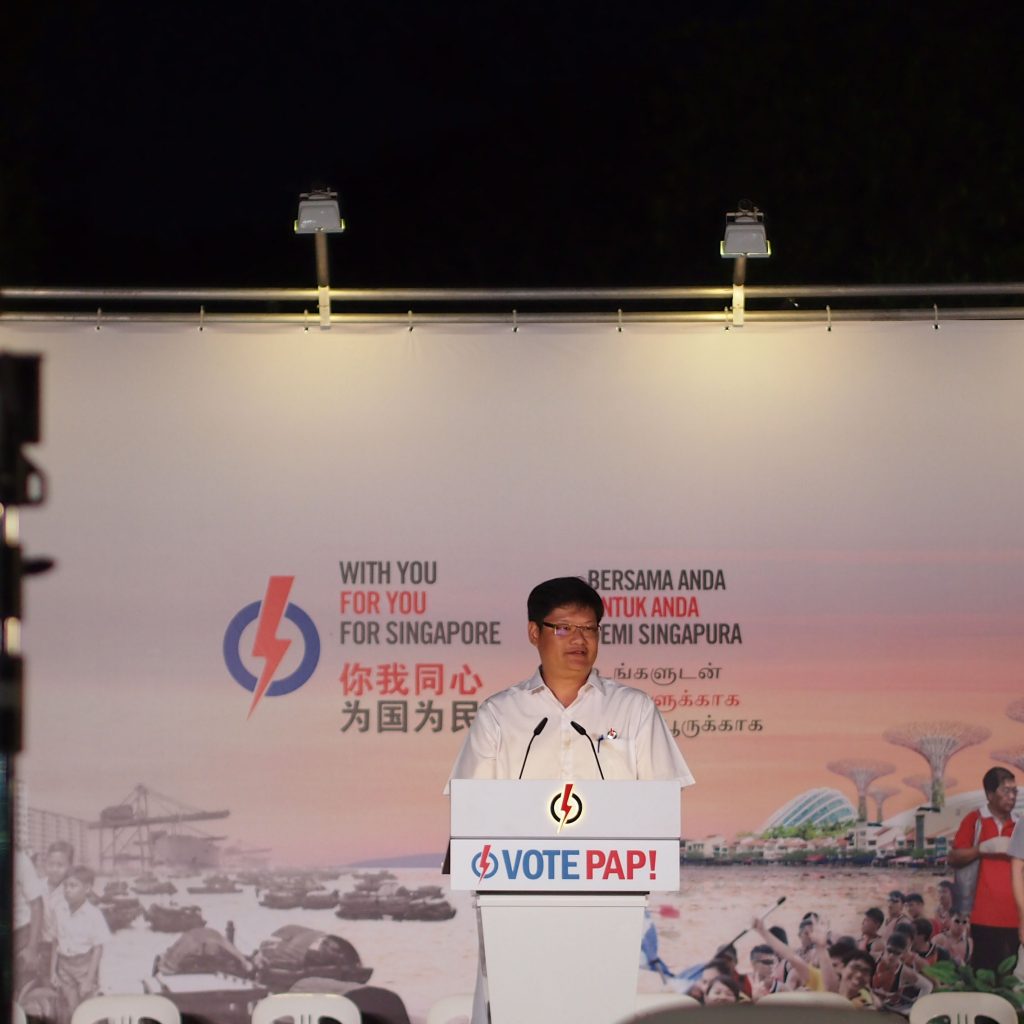Electoral manipulation, opposition power, and institutional change: Contesting for electoral reform in Singapore, Malaysia, and Cambodia
May 23, 2023

On May 27 1988, the Group Representation Constituency (GRC) system was passed into law. GRCs have to be contested by multi-member teams with at least one member from the minority races. While the government maintains that GRCs help ensure racial representation, some have criticised it for straining the opposition’s talent pool due to the additional requirements. In ‘Electoral manipulation, opposition power, and institutional change: Contesting for electoral reform in Singapore, Malaysia, and Cambodia’ (Electoral Studies, 2018), Assistant Professor Elvin Ong (NUS Department of Political Science) examines electoral manipulation in Singapore, Malaysia, and Cambodia, and argues that reform is conditional on the cognitive complexity of electoral manipulation and the form of opposition organisation.
Dr Ong defines cognitive complexity as the extent to which voters perceive undemocratic electoral manipulation. In Singapore, there is high cognitive complexity as Dr Ong cites subtle political tactics – the Election Department being under the Prime Minister’s Office, the GRC system, and gerrymandering. Consequently, a majority of Singaporeans feel that elections are free and fair, leading to no mass mobilisation and blunting calls for reform by opposition leaders – Members of Parliament debated over electoral integrity about 3.5 times every year from 1981 to 2016.
Meanwhile, there is mass mobilisation for electoral reform in Malaysia and Cambodia due to easily perceived instances of electoral fraud – bribery, falsified voter lists and vote counts, and voter intimidation. Here, Dr Ong attributes the different successes in both countries to the different organisational forms of protest movements. In Malaysia, the five-party coalition Bersih consisted of multiple veto players and struggled with conflicting interests within itself. The Malaysian government played on their weaknesses to implement technocratic and merely perfunctory reforms. On the other hand, the Cambodian National Rescue Party (CNRP) concentrated veto power in one person – Sam Rainsy. The CNRP negotiated from a position of strength to obtain better concessions, one of which placed CNRP members on oversight boards of the National Election Commission.
Read the article here.
